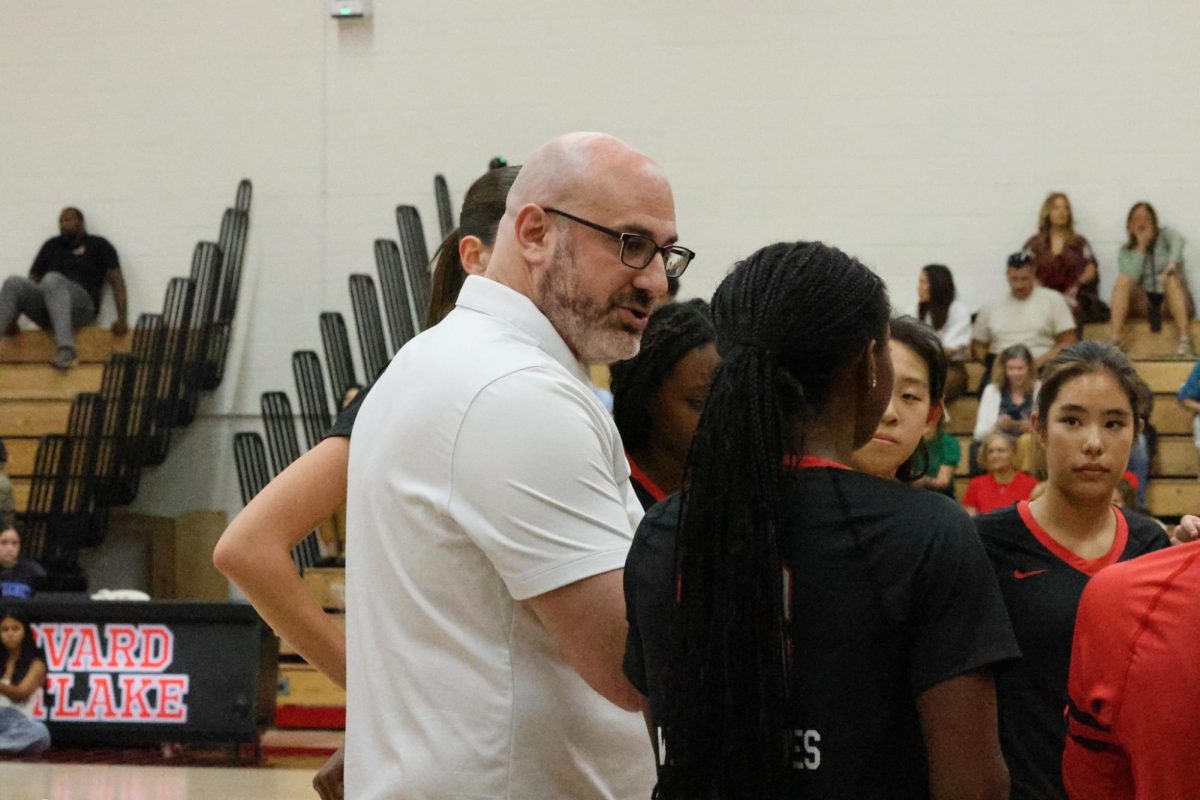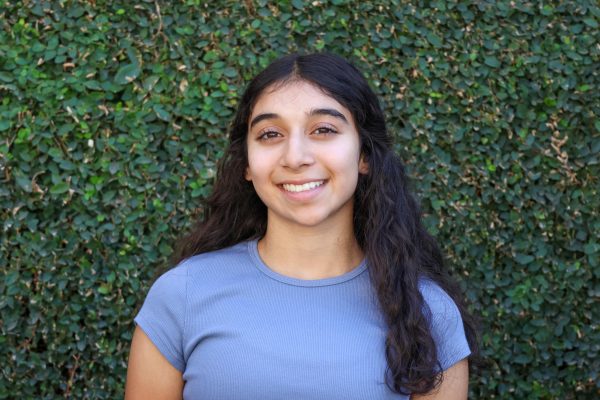It’s 5 a.m., and Ahmad Adaya ’25 wakes up to the sharp sound of his alarm. Outside, it is pitch black, but Adaya promptly prepares his breakfast of bread and dates, the only foods he will consume until evening. He then finishes his prayers and takes a swig of water before returning to bed to sleep until he must wake up again for school. Adaya is celebrating Ramadan, the practice of fasting from dusk to dawn. Since many members of the school community do not observe the holiday, Adaya said practicing Ramadan and fasting during the day can pose challenges.
“During Ramadan, I don’t eat or drink until sunset,” Adaya said. “Aside from the actual fasting, Ramadan is all about self-reflection and trying to be better. It’s especially difficult to practice when you’re at school and everyone around you is eating food and doing things that you shouldn’t be doing.”
Ramadan takes place during the ninth month of the Islamic calendar, and this year, it is observed from March 10 – April 9. Islam is the third largest religion in the U.S., and more than 3.45 million Americans celebrated Ramadan in 2023, according to the UN Refugee Agency (UNHCR). The holiday is one of the five pillars of Islam, celebrating the advent of the Quran and the beginning of the Islamic religion. During the month of Ramadan, Muslims fast during daylight hours and engage in extra prayers or devotional practices, according to Upper School History Teacher Naqib Shifa.
Shifa said he identifies as a practicing Muslim, and though practicing Ramadan can pose physical difficulties, he has become accustomed to fasting each year.
“When [people] hear about fasting, they’re like, ‘Well, you don’t eat food?’ ” Shifa said. “We’re like, ‘No, not even water.’ We’re abstaining from food and water during the daytime, so it can get a little bit fatiguing, but it’s not something unmanageable. We believe that God will give us the support we need from a spiritual standpoint.”
Jett Jasper ’26 also practices Ramadan, and Jasper said he has adapted to fasting at school.
“I know I need to put in extra effort at night because my brain is not going to be as functional during the day,” Jasper said. “I don’t try to do my work at school or before I break the fast because I know I’ll have trouble remembering it.”
Rayaan Rao ’24 said celebrating Ramadan at school has led to challenges regarding athletic participation.
“During Ramadan, I had Physical Education, and I was in the swim unit at the Middle School,” Rao said. “I was like, ‘I don’t want to swim because I always accidentally swallow water.’ When I told the coach, he forced me to participate. I felt uncomfortable in that situation, so I reached out to my dean, and we had a conversation.”
Rao said despite the incident he experienced, he feels like the school community has become more cognizant of those who celebrate.
“There definitely has been some difficulty, whether I’m trying to explain to other people what Ramadan is or how hard it is to fast,” Rao said. “I feel like over the years, people around me have understood [Ramadan] more and more.”
Shifa said this is his second year at the school, and he has witnessed how the administration supports those observing the holiday.
“During the last 10 nights of Ramadan, Muslims tend to stay up all night in preparation for what we consider an incredibly holy [last] night,” Shifa said. “In the same way that when you have a big exam you sometimes pull an all-nighter to study in preparation for that, I will stay up in preparation for that [last] night. This year, Ramadan overlaps with spring break and ends on the Wednesday we get back from break. I’m going to take that Monday, Tuesday and Wednesday off so I can stay up all night and do extra prayers during the last ten nights of Ramadan. I have already talked to the school and made arrangements to take those days off.”
Cross Country and Track Program Head Jonas Koolsbergen said practicing Ramadan can be especially difficult for student-athletes, so the school must provide extra support to these students.
“Obviously, it’s incredibly important for [those celebrating Ramdan] to feel like their team supports them because it’s their culture, their history and their religion,” Koolsbergen said. “They should be able to feel like they can honor [their religion]. I’ve handled athletes celebrating Ramadan on an individual basis, but the team will usually give them days to do their running on their own. They can run at a time that feels good to them or where it fits into their schedule.”
Shifa said the school not only supports his practices during Ramadan but also throughout the entire school year.
“On Fridays, during the noon prayer, the Muslim committee comes together at the mosque,” Shifa said. “So, I leave school early and go to the mosque on Friday afternoons to attend the sermon. The school is also supportive of my daily prayers, and I use space next to the Chapel to do my daily prayers.”
Reverend Anne Gardner said the prayer space was created to allow Muslim students and faculty to continue their religious practices while at school.
“When I first arrived at Harvard-Westlake, I was approached by a handful of Muslim students about designating a space to be used for daily prayer,” Gardner said. “Ideally the space would be private, comfortable and provide a bathroom for the ritual washing done prior to prayer. Over time this location has changed. Currently, the prayer space is in the Chapel, which meets the qualifications as well as being conveniently located.”
Shifa said he has connected with other practicing Muslims in the school community in the prayer space.
“On a number of occasions last year, if I couldn’t go to the mosque for the Friday sermon because my class schedule was too packed, I would reach out to the Muslim students to meet during Community Time and do the Friday sermon,” Shifa said. “This year, we formed the Muslim Student Association. We’ve had two club meetings, so it’s still in its infancy, but it’s gaining more momentum.”
Shifa said he thinks the formation of the Muslim Student Alliance will facilitate an even greater connection within the Muslim community at the school.
“Muslim students are probably developing a curiosity to learn more about the religion because they might have been raised in a Muslim household but don’t know too much about the religion,” Shifa said. “The nice thing is that the Muslim Student Alliance creates an opportunity to educate Muslim students about what Ramadan consists of.”
Jasper said he recently converted to Islam and was introduced to the practices of the religion by other Muslim members of the community.
“I was my considering religion at the time, and a peer had recently introduced me to the religion [of Islam],” Jasper said. “I had read the Bible and looked into Buddhism. Then I read the Quran, and the Quran was the one that spoke to me the most.”
Adaya said he personally views Ramadan as a time to focus on self-reflection.
“It’s a month for me to reflect on myself and try to improve myself,” Adaya said. “Obviously, during the year you get busy with school, but this month is really about family, faith and trying to be a better version of yourself.”






























